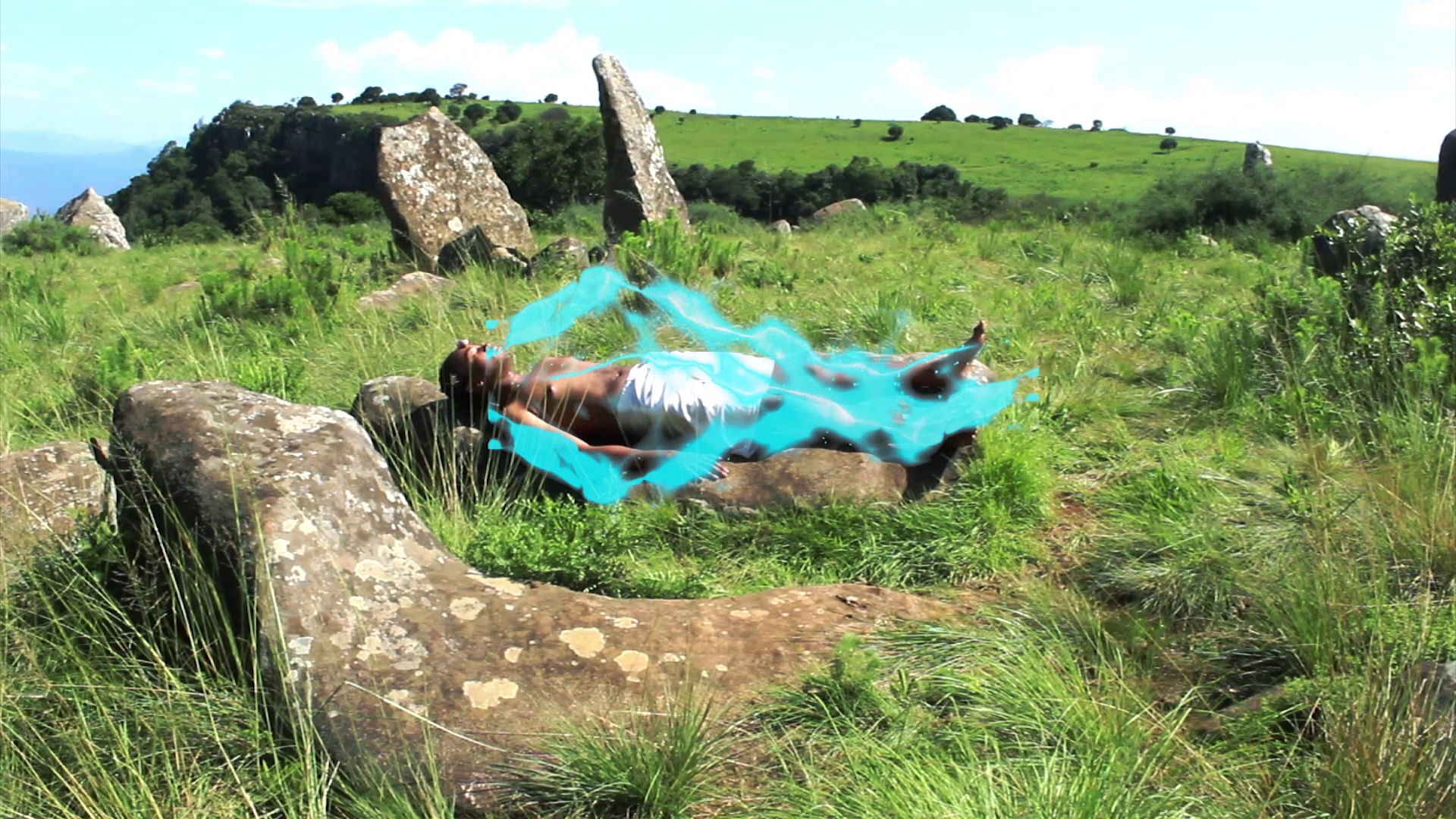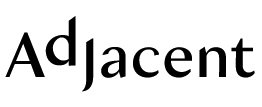Issue 9: Rituals
Techno-Optimism & Alternate Realities: Q&A with Bogosi Sekhukhuni

Daniel Rautenbach in conversation with Bogosi Sekhukhuni

Theme for this issue is Rituals so let’s start there. Do you have any personal rituals in your daily life, change of seasons or new year?
the last sculptural study i worked on in 2019, before closing my studio for a few years, was a series of small-sized assemblage works using a mix of psycho-spiritually charged objects. i titled the series after the word for job or work in my language, which is the same as the word for ritual or ceremony — i was thinking about work as force and maybe how the act of ritual is inescapable. so, yes, i have many personal rituals.
You haven’t been online as much in the last few years, what have you been working on? I’ve also seen your Solar Cycle 25 Clock on instagram, tell us more about that?
i’m working on a lot! the instagram archive of the Solar Cycle 25 project is connected to ritual in a few ways, i’ve been really into contributing to citizen science projects in the past few years, i enjoy how they seem to demystify the work of “hard science” — but, anyway, SC25 is a multi year, compounded research and material science project focusing on helio-studies and architectures for astronomical work.
It continues the tradition in physics to approach our sun as a laboratory for understanding fundamental physics, with a focus on archiving the 11 to 22 year solar cycle we’ve recently begun. the instagram page is a public archive and community that studies some of the epistemological overlaps across modern planetary sciences and evolutionary astrology.
You seem to be drawn to systems of alternate realities, from Simunye Systems, Orisha Totems to the Order of Infinite Circles from your Energy Bath piece, even your Dream Diary Seasons, do you see yourself searching for something particular? Escapism? Or bringing light to systems that already exist in our world?
reality is an alternating condition and the last ten years of my studio practice were about identifying and acting on a kind of uncolonial urge to adjust the boundaries of western, contemporary logics of cognition and progress. we’re inheritors of whatever combination of multination states human societies trend towards.
in the next 5 years i will crystallize this journey and share models for thinking that will hopefully contribute to efforts that destabilize the trappings of inter-modernist worldviews. my last few projects like DARK GRAVITY or NTU’s THUS SAITH THE LORD inch towards feminist and post-kuhnian critiques of philosophies of science: in particular, the idea of good science as empirical, non-subjective or ‘universal’.1
the astrophysicist Chanda Prescod-Weinstein recently wrote about white empiricism — a descriptor building on feminist, sociological critiques of scientific cultures to remind us that there are no objective, universal truths that is produced by scientific work, that the racially disproportionate access to STEM knowledge in the USA, for example, directly impacts what kinds of knowledge is produced and promoted. 2
Do you find the internet to have become more, or less, ritualistic? I remember you speaking about the transformative power of the internet and connected technologies. Do you still feel that way? You were the first artist I came across that really demonstrated to me the shift between early ‘hopeful’ Web2.0 and the late-Web2.0 driven by the handful of online conglomerates. Do you see any hope/potential in Web3.0?
thank you for saying that! to be honest, the past few years have shown me that somehow i really am still a tech optimist haha. this probably comes from the way my natal chart is set up, which is to say that one of my survival strategies in these end times is to meditate on how incredible and fortunate a gift it is to have a “tomorrowat the same time, while I have contributed to institutional programming around what Keti Chukhrov (shouts to my friend Sadaf!) describes as “techno-pagan omnipotence,” I also think there’s an unexamined eco-fascist tendency that is popular right now in such conversations.
i don’t want to recycle a projected past. I am confronting this mess we’re in so I think I will always feel ‘functionally optimistic’ about new materials and technologies.
when it comes to web 3.0, I’ve worked with mixed reality since I was still figuring out my practice and I’m still very invested in the field. the recent rebranding of mixed reality and blockchain tech is frankly uninspiring in its opportunism, and let’s not forget that facebook’s remapping comes within weeks of published findings from their internal research demonstrating the corrosive impact that facebook strategies around advertising or user experience have on the communities that use it.
i think that research speaks to the possibilities of web 3.0 as it is being imagined at the moment more than the consumer-facing gamification of social networks that is being lobbied to us. i think we can expect increasingly sinister and creative ways that ethnic tensions are fuelled, propagated for example.
You’ve made art out of digital avatars, video installations with headboards, sculptural pieces, performances… is there a particular medium you feel drawn to? Or rather, is there something you try to achieve in your practice? An ongoing question you’re trying to answer?
my studio practice kind of starts with always being uncomfortable with the artist classification. it just has never sat well with me. i don’t even see the practice of some of my art historical inspirations as being the work of “artists”. i will probably regret this thought but if interdisciplinary studies and ways have been around for a few decades, do we see enough interdisciplinary professions being acknowledged?
there’s something playful about “artist”, playful in a demeaning way, that takes away from the transformative potential of everyone’s favorites’ ‘performance-lecture’ series.
i’ve always felt that social network tech makes it possible for new work categories, we’re living through a time similar to the world that Baroness Elsa von Freytag-Lorenhoven and the historic avant garde lived through, a kind of transitional period where industries are slowly adjusting to emergent modes of production and rapid industrial innovation.
what’s important about medium in my work is my desire and dream to work in inter-industrial ways and to confront who gets to be a physicist, engineer, architect or historian … seeing as “we are all artists” already 😉
Have you read anything good recently? Or watched a movie or came across an artist’s work that’s piqued your interest?
i’m writing a lot at the moment about sergeant bobby draper from the expanse series and michael burnham from star trek discovery.
You once said in an interview “Materiality is very important… A lot of what we do online circles around representations of objects and figures of desire.” Do you think digital trends like NFTs and the metaverse are moving further away from being tied to materiality, or do you see it as an extension of what we have already been doing on the Internet?
zactly, internet technologies have very tangible and material impacts on consumers and the environment. in 2015, my artist group NTU developed the NERVOUS CONDITIONER install. Our goal was to work to clear the techno-capitalist fog of atmospheric languages commonly describing network technologies. that work is just as true today as it was then. internet technologies have material and meta material flavors,

3
With our world more proliferated by images, speed of information increasing, machine learning and neural networks driving more of what we do, is the idea of technological singularity something that interests you? Furthermore do you see this being impactful to culture?
sure – i have this feeling that the entirety of human activity on the internet really only serves the ultimate purpose of training future systems about how to ‘be’ or think more ‘human’ and some of the muskian fearporn ironically ignores how they already exist and how they impact disenfranchised, non-white people. the growing sense of dystopia around machine learning and robotics in visual cultures feels unfortunate to me, i consciously choose to celebrate characterizations of AI that exist in visual culture that present benevolent archetypes of advanced machine intelligence such as the Oracle and Cybebe from the Matrix franchise, i suspect such visions are important for the collective imaginary.
Footnotes
1 Paul Feyerabend, Against Method, 2011. Verso Books: London.
2 Prescod-Weinstein, C. (2020). Making black women scientists under White Empiricism: The Racialization of epistemology in physics. Signs: Journal of Women in Culture and Society, 45(2), 421–447. https://doi.org/10.1086/704991
3 Nervous Conditioner is an independent online network, created to explore the possibilities of a safe and independent space on the Internet: free of discrimination, speech control and surveillance. NTU created its own web server on which to host Nervous Conditioner, a closed network prototype on the deep web. Nervous Conditioner was conceived as a safe space for people of colour to discuss, share, and organize, without the presence of white-supremacist, patriarchal, hetero- normative oppressions that seem to govern the public forums of the Internet. While it is run via public Internet protocols, Nervous Conditioner exists on a private server which is controlled by NTU, and accessible only when installed under secure NTU conditions.
